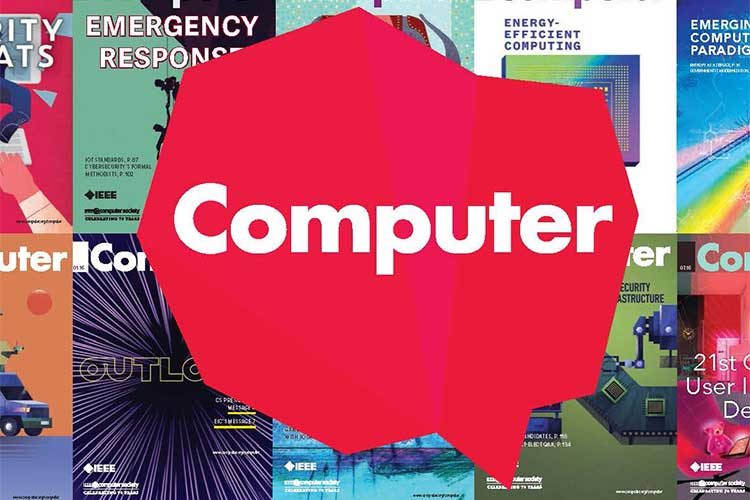Abstracts (co-0817@computer.org): CLOSED
Full paper: CLOSED
Publication date: August 2017
Computer plans an August 2017 issue on collective computing.
In the late 1980s, Xerox PARC chief scientist Mark Weiser envisioned ubiquitous computing as the third generation of interactive computing technology, succeeding mainframe and personal computing. Since the middle of the past decade, key technologies have emerged — cloud technology, crowdsourcing, the Internet of Things (IoT), and wearable devices (the cloud, the crowd, and the shroud) — that together integrate machine intelligence with the collective intelligence of humans to deliver on-demand expertise to individuals and organizations. This collective-computing approach, which Georgia Tech professor Gregory Abowd proposed in an article in Computer’s January 2016 issue as a way to extend ubiquitous computing, has given rise to a new class of intelligent systems and applications.
This special issue will explore collective computing. Articles should address systems, applications, or evaluations of real-world deployments that reflect the combined use of the cloud, the crowd, and the shroud, as well as the challenges of creating collective-computing middleware, programming models, or methodologies. Relevant topics include, but are not limited to
- application models and middleware for heterogeneous human/device sensor systems;
- the potential and limitations of cloud solutions for scalable applications;
- the IoT and people: concepts, prototypes, and applications;
crowdsourcing and crowd-sensing services that promote greater programmability or the evaluation of services or applications;
crowdsourcing as a multitier cloud service; - at-scale collective computing for large entities such as a campus, neighborhood, or city;
- methods for both evaluating collective computing’s impact and harnessing on-demand expertise in various domains such as entertainment, education, health, and government;
- collective-computing applications;
privacy and security challenges and solutions; - legal and ethical implications; and
- critical reflections on and reactions to collective computing.
Only submissions that describe previously unpublished, original, state-of-the-art research and that are not currently under review by a conference or journal will be considered.
There is a hard 6,000-word limit (figures and tables are equivalent to 300 words each) for final manuscripts. Authors should be aware that Computer cannot accept or process papers over the word limit.
Articles should be understandable by a broad audience of computer-science and -engineering professionals, avoiding a focus on theory, mathematics, jargon, and abstract concepts.
All manuscripts are subject to peer review on both technical merit and relevance to Computer’s readership. Accepted papers will be professionally edited for content and style.
Authors of accepted papers are encouraged to submit multimedia, such as a 2- to 4-minute podcast, videos, or an audio or audio/video interview of the authors by an expert in the field, which Computer staff can help facilitate, record, and edit.
Questions?
Please direct any correspondence before submission to the guest editors:
Gregory Abowd, Georgia Tech (abowd@gatech.edu)
Daqing Zhang, Peking University (dqzhang@sei.pku.edu.cn)
Schahram Dustdar, TU Wien (dustdar@dsg.tuwien.ac.at)
For author guidelines and information on how to submit a manuscript electronically, visit www.computer.org/portal/web/peer-review/magazines. For full paper submission, please visit https://mc.manuscriptcentral.com/com-cs.


